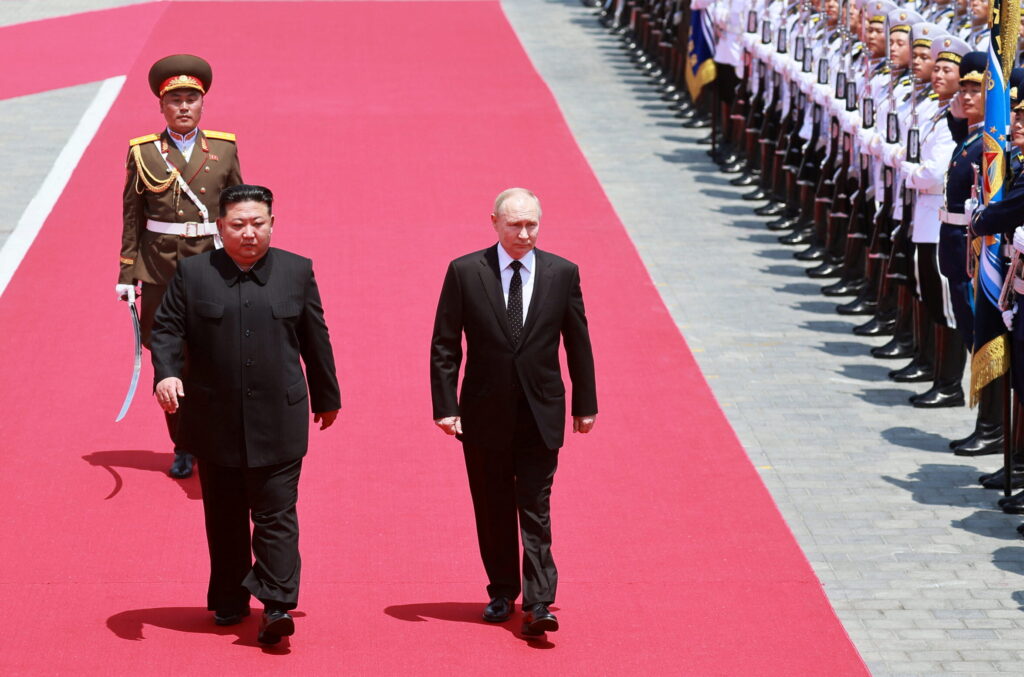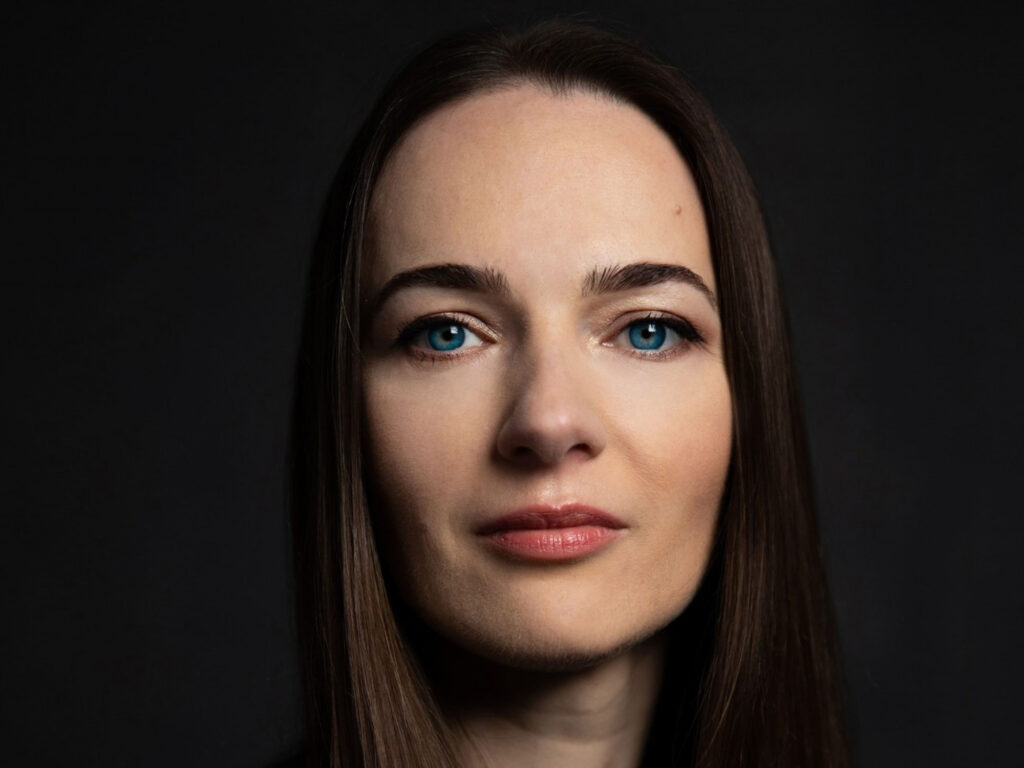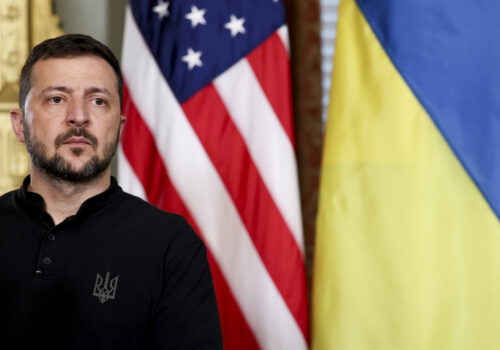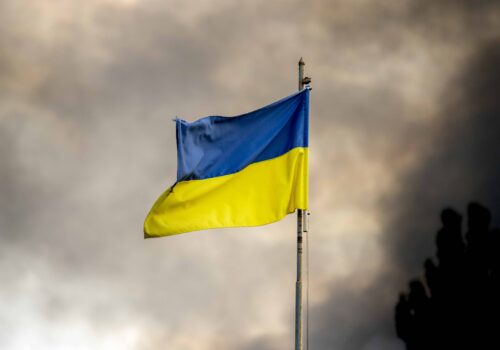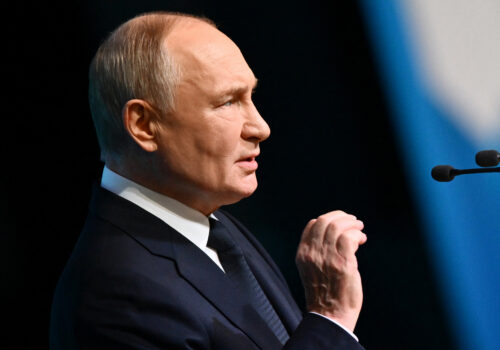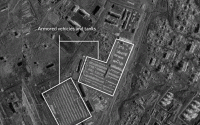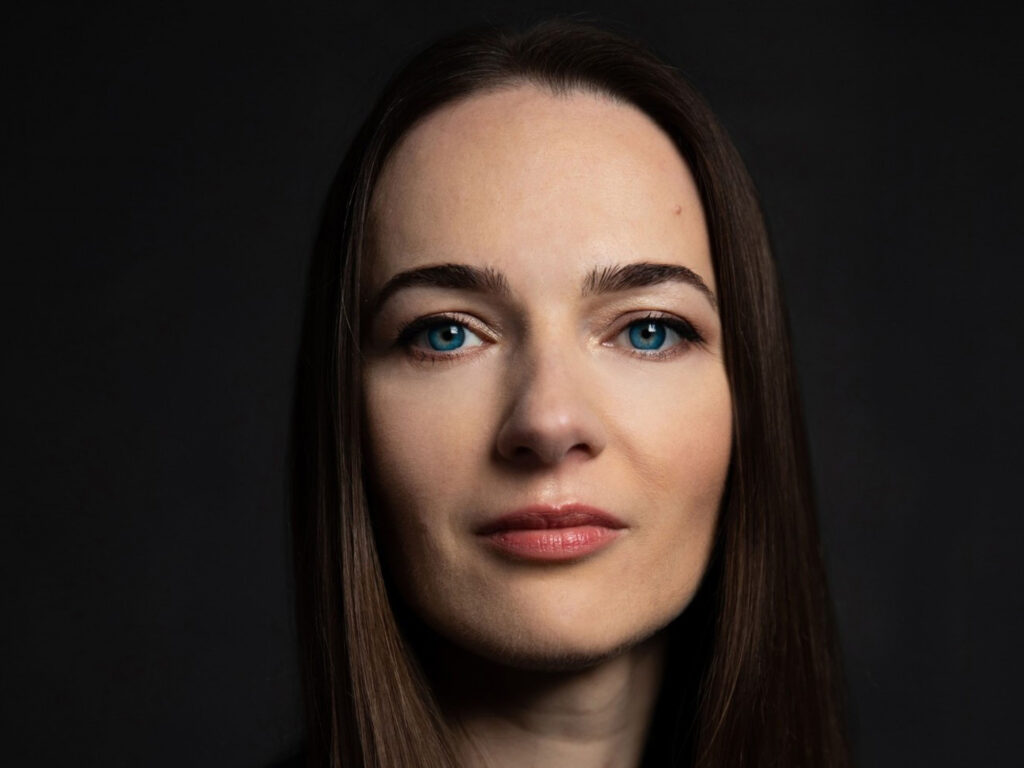
Putin’s North Korean escalation is a direct result of Western weakness
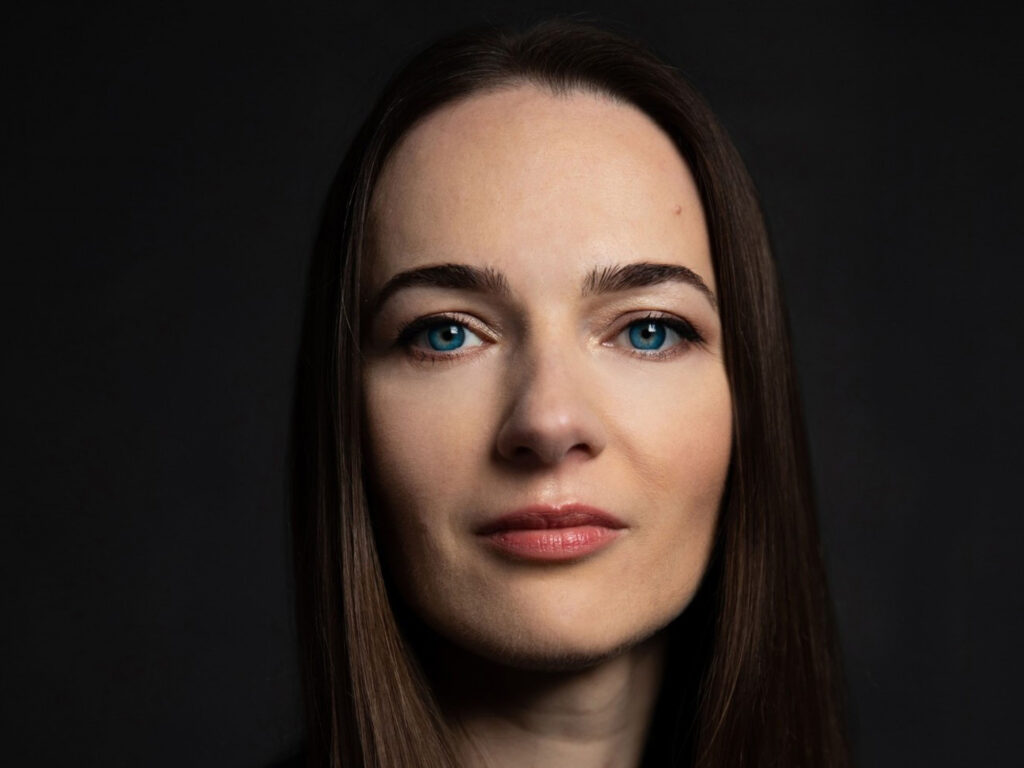
Pentagon officials and NATO chief Mark Rutte have this week confirmed that thousands of North Korean troops are currently in the process of joining Russia’s war against Ukraine. The arrival of North Korean soldiers on the battlefields of Europe is an historically unprecedented event that represents a major escalation in the largest European invasion since World War II. Nevertheless, the Western reaction has so far been strikingly muted, with plenty of condemnation but little attempt to impose any actual costs on Moscow or Pyongyang. This lack of resolve is exactly what Vladimir Putin was counting on.
Ever since Russia’s invasion of Ukraine first began more than a decade ago with the 2014 seizure of Crimea, the West’s response to Russian aggression has been defined by a crippling fear of escalation that has only served to embolden Putin further. During the initial armed takeover of Ukraine’s Crimean peninsula, Western leaders refused to intervene and urged Kyiv not to resist for fear of sparking a larger conflict. Instead, the international community limited itself to imposing a series of modest economic sanctions. Understandably, Moscow interpreted this as a tacit green light to go further. Weeks later, Kremlin forces started a separatist war in eastern Ukraine that would simmer and flare for the following eight years, setting the stage for the full-scale Russian invasion of February 2022.
Stay updated
As the world watches the Russian invasion of Ukraine unfold, UkraineAlert delivers the best Atlantic Council expert insight and analysis on Ukraine twice a week directly to your inbox.
The West’s failure to hold Russia accountable for the 2014 invasion of Ukraine revealed a deep-seated desire to avoid direct confrontation with the Kremlin that continues to shape Western policy toward the war in Ukraine. Putin has skillfully exploited this fear of escalation, employing a combination of nuclear blackmail and talk of Russian red lines to intimidate Western leaders and convince them to limit their military support for Kyiv while imposing restrictions on Ukraine’s ability to defend itself. As a result, the Ukrainian army finds itself forced to wage war against a military superpower with one hand tied behind its back.
Persistent displays of Western weakness over the past ten years have encouraged Putin to believe he has little to fear from further escalation. On the first day of the full-scale invasion, he claimed that Russia had no intention of annexing any more Ukrainian lands. Within six months, however, he was comparing himself to Peter the Great and declaring that twenty percent of Ukraine was now “forever” Russian. As anticipated, Western leaders voiced their disapproval at this naked imperialism but stopped short of adopting any measures that might cause the Russian dictator to think twice before escalating again.
North Korea’s deepening involvement in the Russian invasion now confirms the folly of the West’s failed escalation management policies. When North Korea began supplying Russia with artillery shells in late 2022, the West took no action. A year later, the first reports started to emerge of Russia launching North Korean ballistic missiles at Ukrainian targets. By early October 2024, Western intelligence sources were claiming that North Korea was now providing half of all the shells being used by Russia in Ukraine. Sending troops to fight in Ukraine was the logical next step for the Hermit Kingdom.
Eurasia Center events
With the first ten thousand North Korean troops now reportedly heading to the front lines of the Russian invasion, Ukraine’s increasingly frustrated president Volodymyr Zelenskyy is desperately trying to instill a sense of urgency among his country’s Western partners. Speaking in Iceland on Wednesday, Zelenskyy said the response from Western capitals to North Korea’s participation in the invasion was “not strong enough.” Tellingly, he also took aim at Ukraine’s allies for their insistence on avoiding anything that might be used by Russia as an excuse to escalate. “I’m sorry, but I think that North Korean soldiers entering the war is an escalation,” he commented.
Zelenskyy is not alone. Many Ukrainians are now rapidly losing patience with the West’s excessive caution, especially as they believe their country has already exposed Russia’s red lines as bluffs that can be crossed with impunity. Since the start of the full-scale invasion, Ukraine has ignored Putin’s vows to defend Russia’s gains with nuclear weapons and has liberated half of the territory seized by the Kremlin. Likewise, Kyiv has dismissed the Russian dictator’s warnings over the sanctity of the Crimean peninsula, and has proceeded to sink or damage one-third of the entire Black Sea Fleet, forcing Russia to withdraw its remaining warships to safety.
In August 2024, Ukraine crossed the reddest of all Russian red lines by invading Russia itself and occupying hundreds of square kilometers in the Kursk region. Despite these humiliating setbacks, Putin has yet to make good on his frequent nuclear threats. On the contrary, he has responded to each new embarrassment by attempting to downplay the significance of Ukraine’s success.
This seemingly overwhelming evidence has somehow failed to persuade Ukraine’s partners that Putin’s threats are hallow. Instead, they remain committed to misguided deescalation policies that risk turning the Russian invasion of Ukraine into a global conflict.
Putin is currently waiting to see the West’s collective response to his deployment of North Korean troops against Ukraine. If the reaction in Western capitals remains weak, he will go further and we may soon see a dramatic increase in the number of North Korean soldiers fighting in Europe. This could create the conditions for the far larger war that Western leaders are so eager to avoid.
Peter Dickinson is editor of the Atlantic Council’s UkraineAlert service.
Further reading
The views expressed in UkraineAlert are solely those of the authors and do not necessarily reflect the views of the Atlantic Council, its staff, or its supporters.

The Eurasia Center’s mission is to enhance transatlantic cooperation in promoting stability, democratic values and prosperity in Eurasia, from Eastern Europe and Turkey in the West to the Caucasus, Russia and Central Asia in the East.
Follow us on social media
and support our work
Image: Russia’s President Vladimir Putin and North Korea’s leader Kim Jong Un attend an official welcoming ceremony at Kim Il Sung Square in Pyongyang, North Korea. June 19, 2024. (Sputnik/Gavriil Grigorov/Pool via REUTERS)
